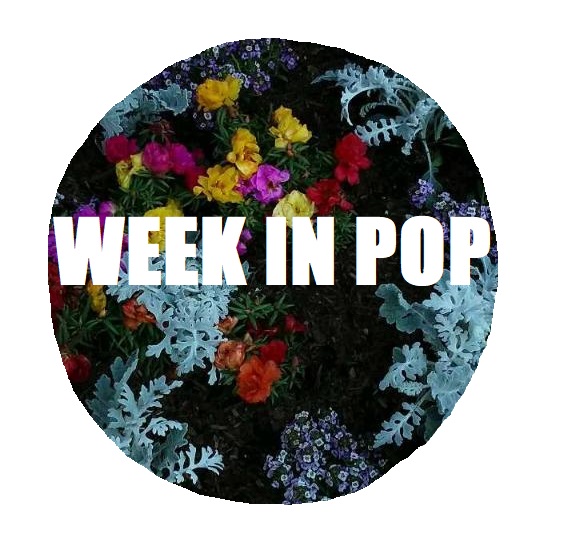PREMIERE | Desert Mambas, "Buzz Cut Blues"
Water closet sessions with Desert Mambas; photographed by Candace.
The world we inhabit is a strange one. Amid our individual pursuits of life, liberty and happiness there is a perennial close-mindedness that is both overt and often lurking under the surface. While we are all free to be you and me, prejudice and xenophobia remains a constant part of perhaps our collective human condition that has issues with accepting others who are different in one way or another. At the moment of this publication, there are currently 372 active anti-trans bills in hand with historical revision running rampant in an era where immigrants and refuges are treated like political pawns, and body autonomy is under attack in perpetuity. As a people we want to be who we want to be. To live our respective personal truths. To claim our own identities without derision and ridicule. To love who we want to love, like what we like, dress the way we want to dress and fashion ourselves according to the styles that make us feel uniquely like our own person (without conformity to any dictated norms).
LA’s Desert Mambas kicks off Pride month early with the trans positive ballad “Buzz Cut Blues”, an ode to claiming independence through the transformative act of cutting hair. The project of Bailey Moses from Foxx Bodies follows up the single “Polaroid Baby” with a heart and spirit strumming track that grapples with constructs of masculinity in a universe that is rapidly changing — whilst at the same time contending with the judgements of others who are resistant to change and afraid of what they do not understand. Bailey turns to face the strange with courage and heart, embracing themselves wholly amid the surrounding weirdness of the public’s stares, glares and other preconceived notions regarding the concepts of queerness and all the cis gender norms that are part and parcel of these archaic notions.
“Buzz Cut Blues” ponders the opinions of onlookers and the fragile state of the world with the act of a shortened hair cut serving as the focal point. Moses depicts the vulnerability of feeling unwarranted hate from others, flipping projected perceptions of weakness that in turn serves as a statement of strength and confidence. Desert Mambas mulls over the tired and antiquated pigeonhole positions of gender roles and all the semiotics that are connected to what a cis man looks like or should be. Bailey brings it all home with the line that states and with my new haircut I'll finally feel okay that embraces the inherent and limitless beauty of the self amid the chorus of cheers and jeers by friends and frenemies alike. The road movie style visuals from Moses' partner Penelope Uribe-Abee depicts classic images of crew cuts, creepy machismo statues and other equestrian relics of western Americana that gallops the conversation forward into a new world that feels more accepting, less lonely, more loving and more inclusive. "Buzz Cut Blues" conquers our current climate's transphobia with a love song dedicated to being your true self, in hand with the styling power of the electric sheers that can make everything feel okay again.
Bringing the beef and ten gallon hats with Desert Mambas; photographed by Rochelle.
Bailey Moses shared some candid thoughts on the song and visual for “Buzz Cut Blues”:
Haircuts can play such a crucial role in queer identity. “Buzz Cut Blues” is an ode to that pivotal first queer haircut — a moment that can be equal parts liberating and absolutely terrifying.
Reflections by Bailey Moses; photographed by Candace.
For the music video, I worked with my wonderful partner Penelope [Uribe-Abee]. We drove around LA and tried to capture stereotypically masculine imagery — cowboys, barber buzz cuts, lumberjack statues, etc. The song and video are supposed to play with the idea of masculinity and what it means to be a man.
Desert Mambas’ “Buzz Cut Blues” will be available May 18 via Kill Rock Stars Nashville.




